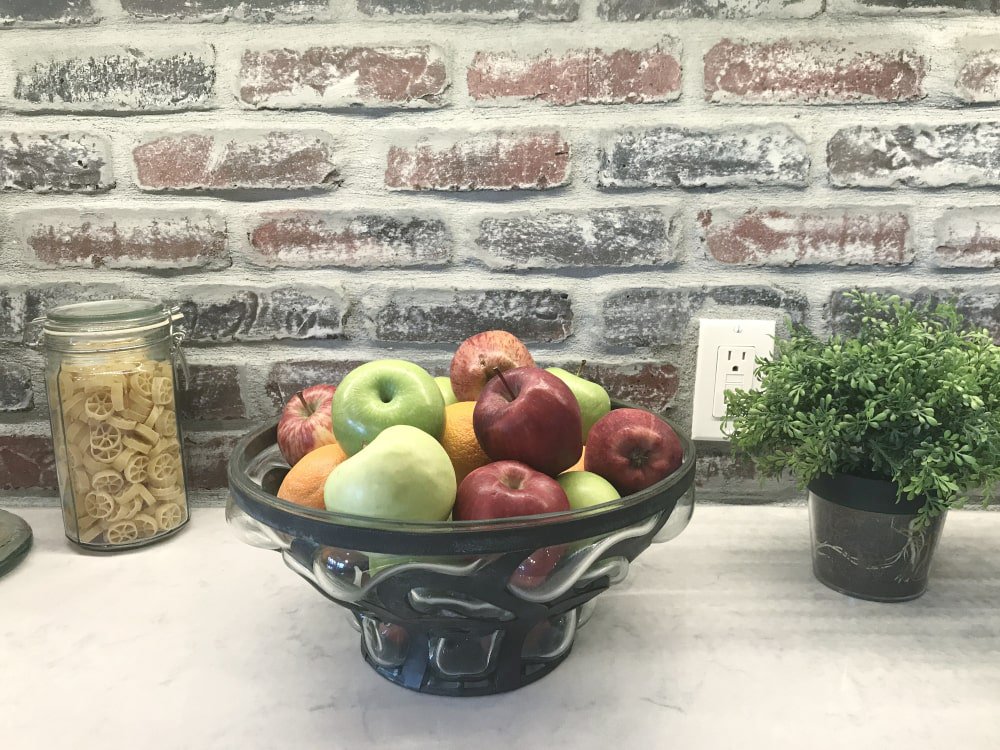Everything You Need to Know About Home Staging

When looking to sell your home in a competitive market, home staging is a great way to get an edge up on the competition. Effective staging can increase the sale price of a home while decreasing the time it takes to close a sale, and has thus become an increasingly popular strategy amongst sellers in recent years.
What is Home Staging?
Home staging is the act of preparing a home for sale through mild renovation and redecoration. Depending on the home's size, value, and layout, the staging process may involve anything from rearranging furniture to repainting walls to replacing outdated appliances.
Home staging aims to turn the property into a "blank canvas" that prospective buyers can easily imagine themselves living within. This is achieved by removing personal items such as photographs, souvenirs, or awards, and creating a neutral yet stylish space for prospective buyers to tour.
What is Involved in Home Staging?
When staging your home, you can decide to hire a professional stager (known as a certified staging professional) or choose to stage your home by yourself. Hiring a certified staging professional, while sometimes costly, ensures that your property is showcased to the best of its potential. Many stagers have kits full of decorative items such as rugs, vases, and plants that can elevate your home. Professional stagers can often make more objective decisions about the best layout for your space because they are seeing it for the first time. If you are having trouble finding a good stager, your real estate agent can be a great person to ask. Most real estate agents have lists of stagers their clients have worked with and can likely provide you with a good recommendation.
If you instead choose to stage your own home, here are a few things you should consider:
- Curb appeal . Effective staging goes beyond just setting up the inside of your home. When preparing your property for showings, make sure the outside of your home is also taken care of. Mow the lawn, trim the shrubs, pot some colourful flowers out front.
- Objectivity. As a homeowner, you may be too emotionally attached to your property to make objective decisions about the layout. It may be best to consult with friends or family who can give more objective opinions about the space.
- Removing pets . If you have pets in the house, it is important to remove them before beginning the staging process. Make sure that your pets are living elsewhere during the showing period. Pets not only take away from the depersonalization of a staged home but can also create an allergy risk for some buyers.
- Neutral is best. The more neutral a space is, the more easily buyers can imagine themselves within it. It is a good idea to paint vibrant walls a neutral colour and remove any flashy decor from the space. You want the house to be stylish, but not distracting.
- Appliances. The easiest way to reduce the perceived value of your home is to showcase old and outdated appliances. Replacing these appliances while staging can drastically improve the feel of your space and will likely increase your selling price.
What are the Benefits of Home Staging?
As a seller, there are a number of ways in which you can benefit from home staging. Firstly, staged homes are often more visually appealing in photographs which can help your online listing stand out from the crowd.
Furthermore, a strategic arrangement of furniture and decor can help you make the best of your space. The right layout can make a small room look bigger or a dated room look modern. Well-designed rooms can increase the perceived value of a space, garnering more attention from buyers.
Finally, home staging allows your home to appeal to a larger audience. Depersonalization is a huge part of home staging, and the goal of this process is to make it so that any buyer could envision themselves living in your home. This increases your pool of potential buyers and can reduce the time it takes you to secure a sale.
Of course, home staging does not just benefit sellers, but is also a great tool for many buyers . As a buyer, looking at staged homes allows you to envision yourself in that space more easily. By observing how the rooms are staged and arranged, you can draw inspiration for your own furniture set up, and take notes on how to best use the space.
Home Staging: 3 Most Important Tips
Staging with Intent
When staging a home, a common mistake is to furnish the room as if someone were actually living within it. The reality is that stage furnishing should be incredibly minimalistic. Each room should only contain 1-2 major furniture items, and decor should be kept to a minimum. You want the room to be visually appealing and give the impression of hominess, but you want to sell the space above all. Make sure to clear out shelves, remove appliances from kitchen counters, and pull furniture away from walls. Open your blinds, turn on your lights, and pull back your curtains to let in as much light as possible. Consider the target audience for your property. What sort of home design are they most likely to appreciate? Staging with intention and forethought will significantly increase the odds of your success.
Cleanliness is Key
One of the easiest ways to lose potential buyers is to showcase a home that has not been properly cleaned. It is important to scrub down any carpeted surfaces, wash all windows, dust window sills and corners, and vacuum the entire property. The bathroom should receive an especially deep clean. It is a good idea to remove personal toiletries from the bathroom and keep all surfaces clear. Ensure all your appliances are polished and dust-free. Check all the nooks and crannies in your home for dust bunnies or cobwebs. You can also stain your back porch to make the wood look new and fresh. You may want to hire a professional cleaning service for this purpose, but you can also facilitate the cleaning yourself.
Work Within Your Budget
While home staging can be a great way to increase the selling price of your property, you want to make sure the costs do not outweigh the benefits. Consider your asking price and the target audience for your home in order to determine an appropriate budget for the home staging process. If you are hiring a professional stager, make sure their fees fall within that budget. Before buying new decor for staging, ask friends and family if they have any neutral pieces you can borrow first. Another way to save money while staging is to only stage one or two rooms in the house. By drawing attention to the most important rooms in the house, you can get your point across without breaking the bank.
Moving homes can be a challenging experience, but Clover Mortgage professionals can help provide you with support and guidance at all stages of the process. For a free consultation with one of our brokers , contact Clover Mortgage today!





